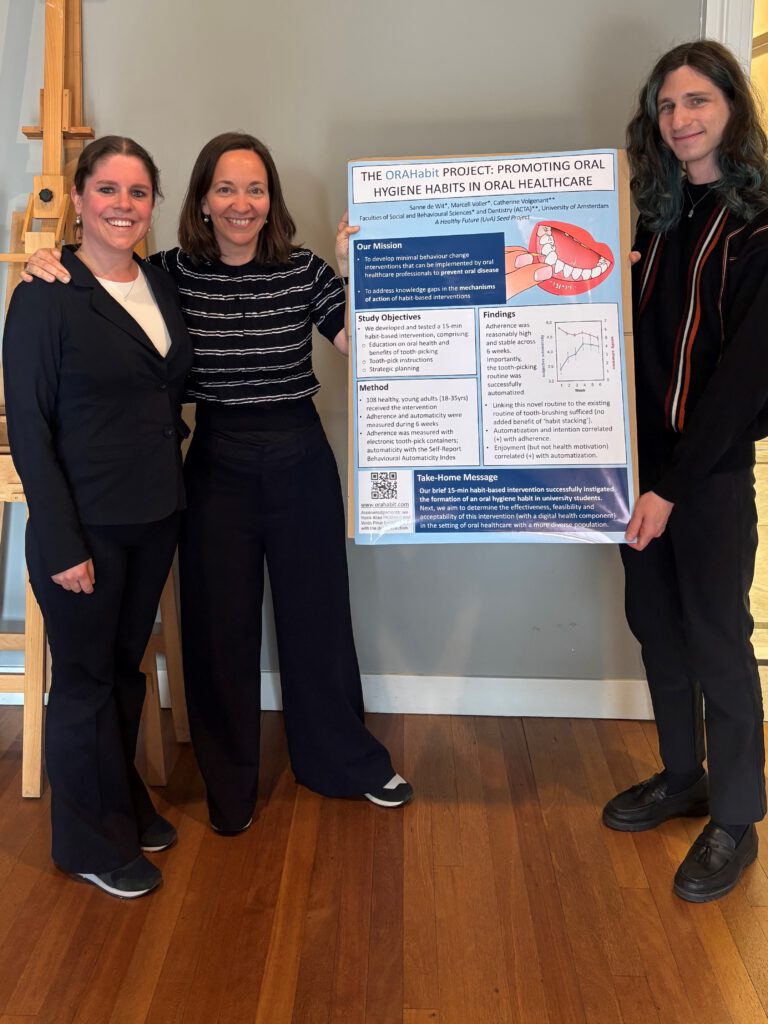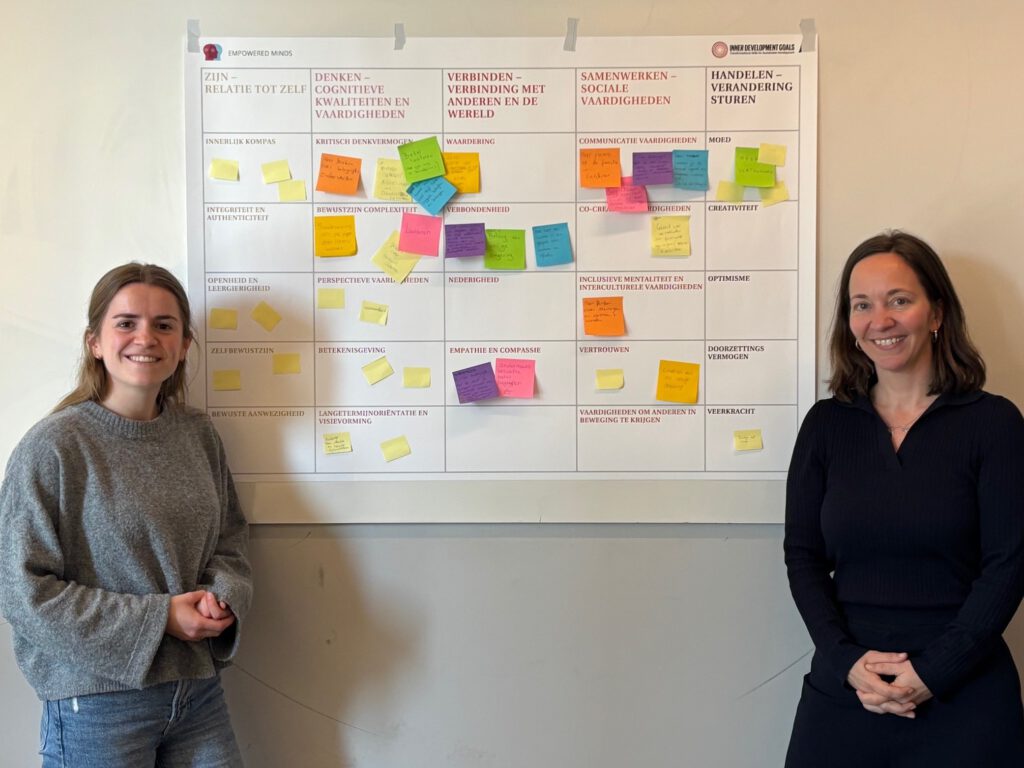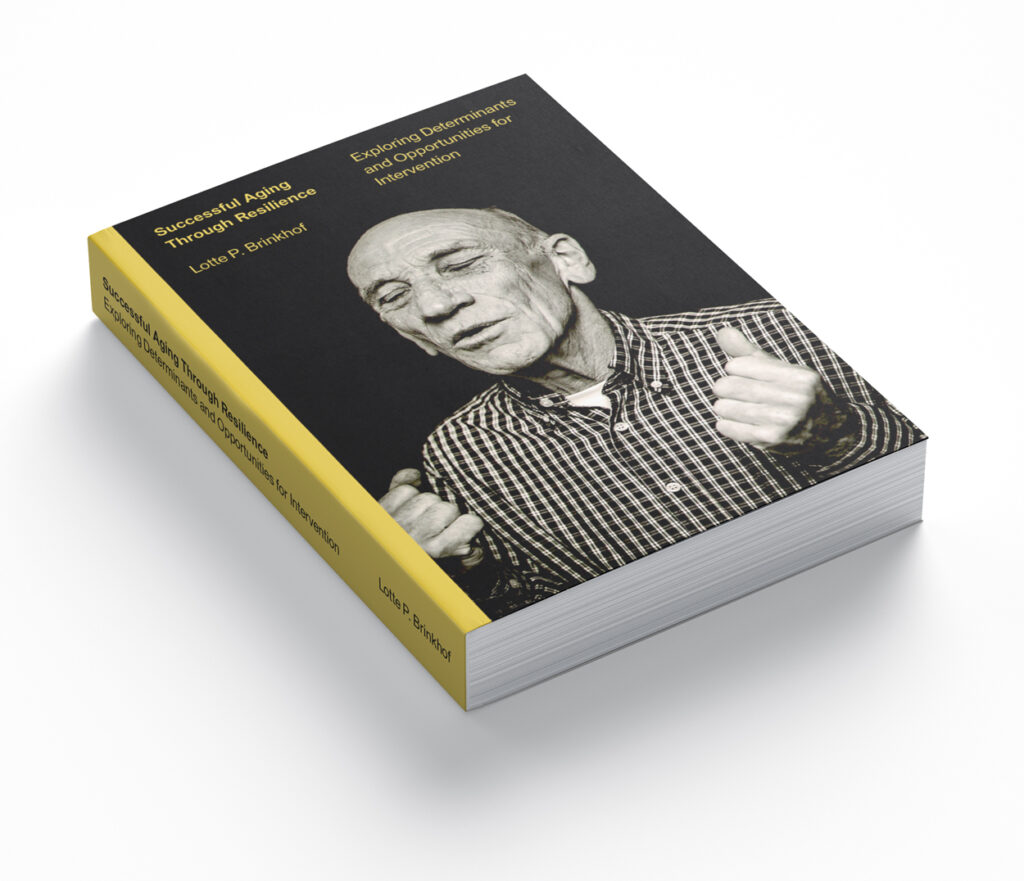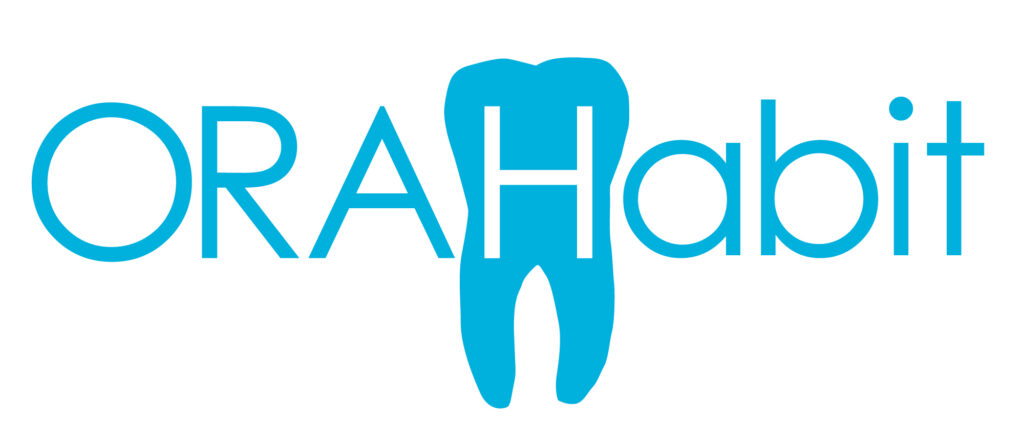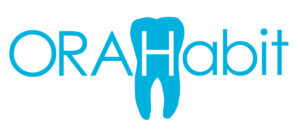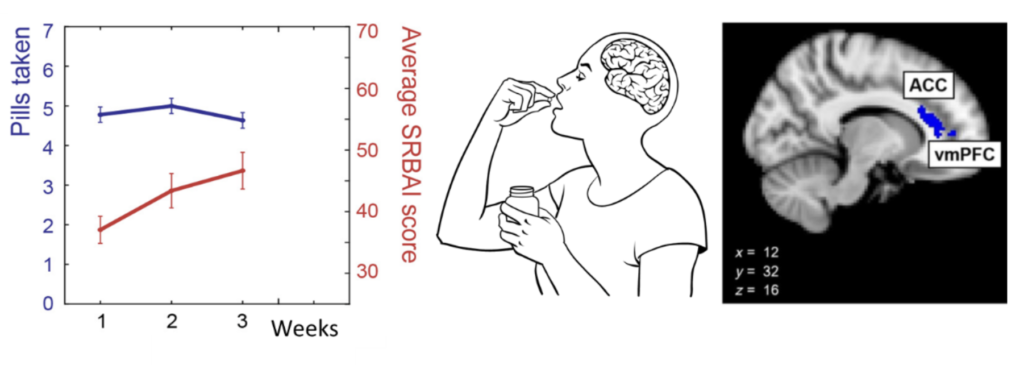“Cortico-striatal white-matter connectivity underlies the ability to exert goal-directed control” – new research of Tim van Timmeren, Irene van de Vijver and Sanne de Wit.
Do habitual and goal-directed control depend on distinct cortico-striatal brain pathways? In a new study, we fail to replicate previous findings, challenging dual-process models of action control.
Many of our actions are repeated every day in the same context, making them highly prone to become habitual. Dual-process models spropose that actions depend on two systems: a flexible goal-directed system and a quick & efficient habit system.
The strongest evidence for two systems comes from lesioning studies in rodents, showing dissociable cortico-striatal pathways for goal-directed and habitual action. However, research in humans is limited.
A previous neuroimaging study in humans (de Wit et al, 2012) used diffusion tenson imaging (DTI) to study structural brain function, combined with an outcome-devaluation paradigm to measure goal-directed & habitual control. This study suggested that dissociable white-matter neural pathways were associated with goal-directed (caudate – vmPFC) and habitual (putamen – premotor cortex) control.
However, the sample size used was small (n=23), Here, we aimed to conceptually replicate these results in a larger sample (n=205). We found that individual differences in goal-directed performance correlated with striatum – dlPFC white matter strength, but no associations with habitual performance.
We discuss these results in the context of recent findings suggesting that it’s variations in goal-directed rather than habitual control that are the main determinant of behavioral flexibility on these tasks in humans.
Read more here: Cortico‐striatal white‐matter connectivity underlies the ability to exert goal‐directed control – Timmeren – 2024 – European Journal of Neuroscience – Wiley Online Library



